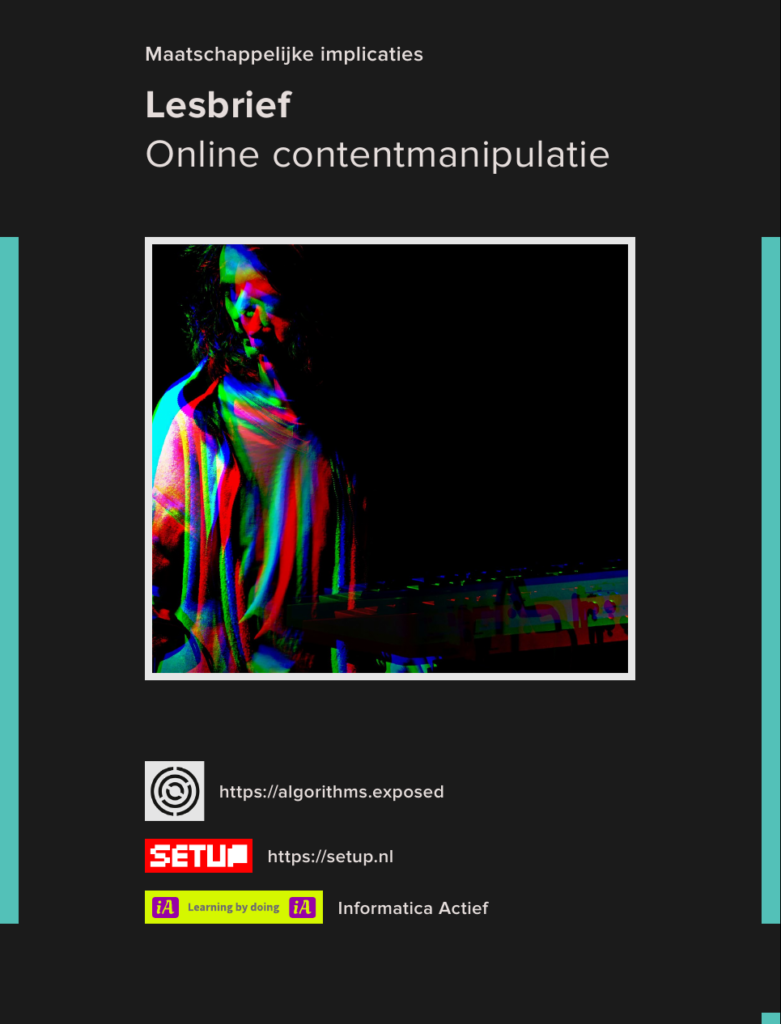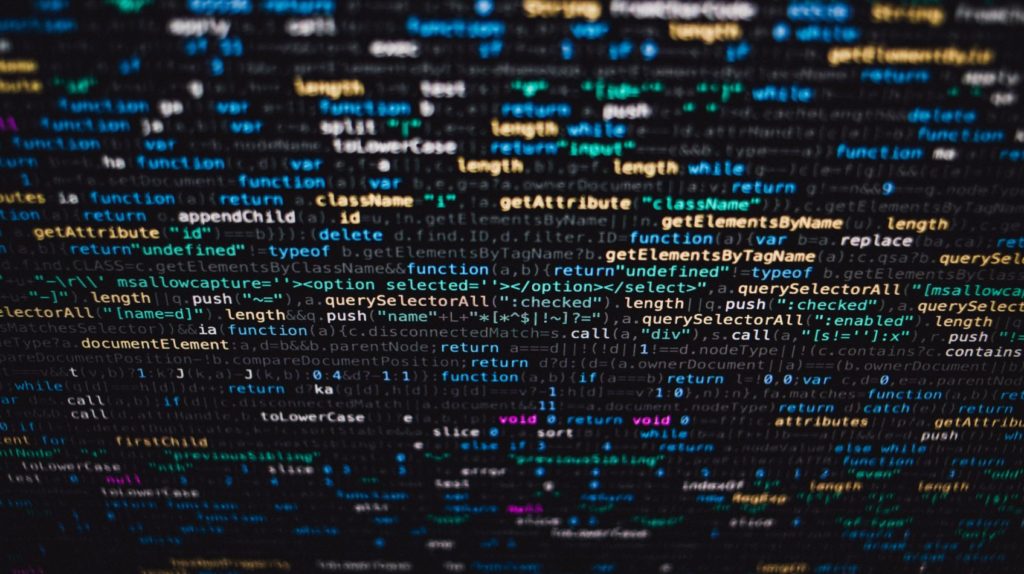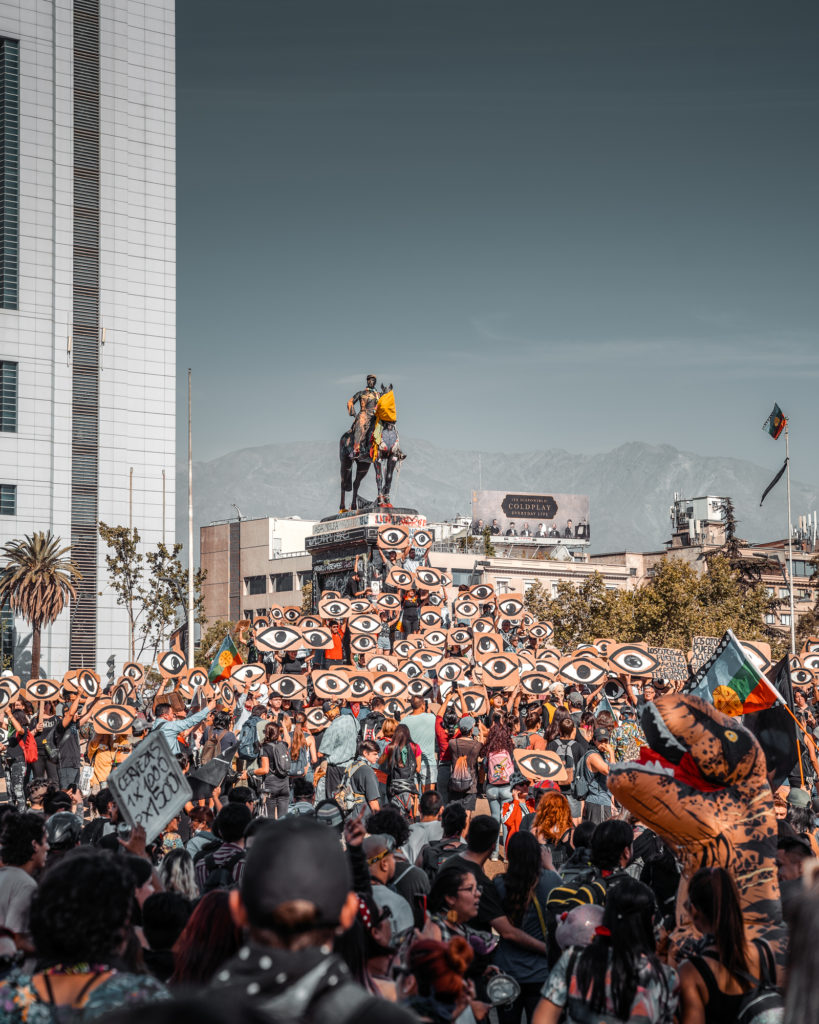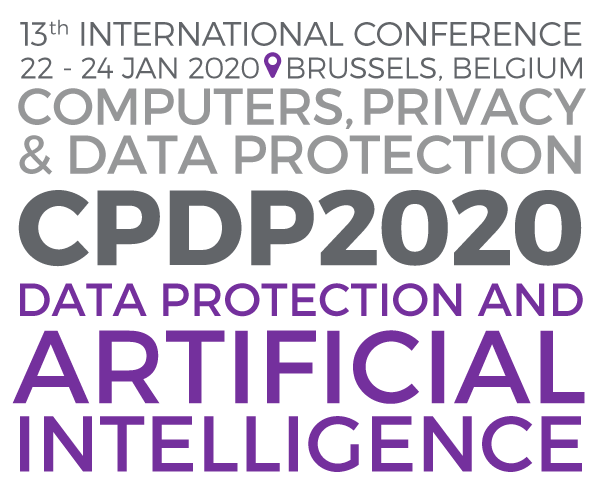Por Ulises Alí Mejías
(An English version of this article appeared in Al Jazeera on December 2019)
Introducción
Las grandes empresas de tecnología están extrayendo datos de sus usuarios en todo el mundo, sin pagarles por éstos. Es hora de cambiar esta situación.
Abstract
Big tech corporations are extracting data from users across the world without paying for it. This process can be called “data colonialism”: a new resource-grab whereby human life itself has become a direct input into economic production. Instead of solutions that seek to solve the problem by paying individuals for their data, it makes much more sense for countries to take advantage of their scale and take the bold step to declare data a national resource, nationalise it, and demand that companies like Facebook and Google pay for using this resource so its exploitation primarily benefits the citizens of that country.
Nacionalización de datos
El reciente golpe de estado en Bolivia nos recuerda que los países pobres, pero que son ricos en recursos naturales, continúan siendo plagados por el legado del colonialismo. Cualquier iniciativa que pretenda obstruir la capacidad de las compañías extranjeras para extraer recursos de manera barata se arriesga a ser prontamente eliminada.
Hoy, aparte de los minerales y el petróleo que abunda en algunos rincones del continente, las empresas están persiguiendo otro tipo de recurso, uno que quizás es más valioso: los datos personales. Al igual que los recursos naturales, los datos personales se han convertido en el blanco de ejercicios extractivos llevados a cabo por el sector dedicado a la tecnología.
Como el sociólogo Nick Couldry y yo hemos argumentado en nuestro libro, Los costos de la conexión (The Cost of Connection: How data is Colonizing Human Life and Appropriating It for Capitalism – Stanford University Press), hay un nuevo tipo de colonialismo emergiendo en el mundo de hoy: el colonialismo de los datos. Con este término queremos sugerir que estamos observando una nueva ola de apropiación de recursos en la cual la vida human en sí misma, expresada en los datos extraídos desde los mismos usuarios, se convierte en una aportación directa a la producción económica.
Reconocemos que este concepto puede resultar controversial dada la extrema violencia física y las estructuras aún presentes del racismo colonial histórico. Pero no queremos decir que el colonialismo de datos es igual al colonialismo histórico. Más bien, que la función esencial del colonialismo es justamente la misma. Esa función fue -y sigue siendo- la extracción, la explotación, y la apropiación de nuestros recursos.
Como el colonialismo clásico, el colonialismo de datos va transformando violentamente las relaciones sociales en elementos de producción económica. Elementos como la tierra, el agua, y otros recursos naturales fueron valuados por los primeros pueblos en la era precolonial, pero no de la misma manera que los colonizadores -y más tarde los capitalistas- llegaron a valorarlos, es decir, como una propiedad privada. De la misma manera, estamos viviendo en una situación en la que cosas que antes estaban fuera de la esfera económica -tales como las interacciones privadas con nuestros amigos y familiares, o nuestros archivos médicos- ahora han sido privatizadas y convertidas en parte del ciclo económico de la extracción de datos. Un ciclo que claramente beneficia principalmente a unas cuantas grandes empresas.
¿Pero qué pueden hacer los países de este “Sur Global” para evitar la explotación del colonialismo de datos?
Soluciones para el Sur Global
Una clara opción para este conjunto de países sería la de promulgar propuestas como las del escritor Jaron Lanier y el candidato presidencial estadounidense Andrew Yang, quienes han sugerido que cada uno de nosotros debería ser remunerado por los datos que producimos, a través de algún mecanismo de compensación. Pero estas propuestas neoliberales que buscan resolver el problema a nivel individual pueden al mismo tiempo diluir el valor de los recursos agregados. Si enfrentamos el problema así, los pagos a los usuarios serán difíciles de calcular, y tal vez muy pequeños.
En vez de esto, es mucho más lógico que los países del Sur Global aprovechen su tamaño y posición en el escenario internacional y tomen el paso audaz de declarar los datos generados por sus ciudadanos como un recursos nacional, demandando que compañías como Facebook o Google paguen por utilizar este recurso. Así, los principales beneficiarios del uso de datos personales serían justamente los ciudadanos que los producen.
Hagamos unos cálculos utilizando a México como un ejemplo: Facebook cuenta con 54.6 millones de usuarios en este país. En promedio, cada usuario global produce para Facebook $25 dólares al año en ganancias, lo que representa alrededor de $1.4 billones de dólares que la compañía se termina embolsando gracias a los mexicanos. Supongamos entonces que México nacionalizara sus datos y por lo tanto demandara quedarse con una parte substancial de esta suma. Y supongamos, ya que estamos haciendo este ejercicio, que arreglos similares se aplicaran al mismo tiempo con compañías como Google, Amazon, TikTok, etc.
Con billones de dólares recuperados a través de la nacionalización de los datos, el gobierno mexicano podría invertir en el desarrollo de campos como la salud, la educación, o la crisis migratoria por la cual atraviesa el país actualmente.
Sin embargo, una cosa es segura: cualquier intento de nacionalizar los datos por los países que conforman el Sur Global se enfrentaría con una intensa oposición. México nacionalizó su petróleo en 1938, gracias a una acción realizada por el presidente Lázaro Cárdenas, hoy considerado un héroe nacional, que enfureció a las compañías extranjeras. Lo anterior resultó en el boicoteo inmediato por parte de Estados Unidos, el Reino Unido, Holanda, y otros países. México solo podría librarse de esta situación por el eventual estallido de la Segunda Guerra Mundial.
También está el ejemplo de Chile. Salvador Allende amenazó en la década de 1970 con nacionalizar el sector telefónico, (que en ese minuto era controlado por la compañía norteamericana International Telephone & Telegraph), así como otras industrias. Antes de que se pudiera llevar a cabo, la CIA organizó un golpe de estado en 1973 que terminó con la muerte de Allende y una dictadura que duraría hasta 1990.
Y a Evo Morales, que experimentó con formas blandas de nacionalización que beneficiaron a los sectores más pobres de Bolivia mientras que mantenían a los inversionistas extranjeros moderadamente satisfechos, ahora lo han sacado por la fuerza de su país. No ayudó a su causa el hecho de que Morales, en un acto controversial, enmendó la constitución para poder volver postular a la presidencia luego de servir los dos periodos que ya eran permitidos por la ley boliviana.
Cualquiera sea el caso, la derecha en Bolivia y en Estados Unidos hoy están celebrando lo que algunos ven como un desarrollo interesante en la lucha por el control de minerales como el litio o el indio, los cuales son esenciales para la producción de dispositivos electrónicos.
Aún si los países que decidieran nacionalizar sus datos sobrevivieran a la represalia esperada, la nacionalización de datos no pondría fin a la raíz del problema; la normalización y legitimación de las extracción de información que ya se encuentra en proceso.
El futuro de la nacionalización de datos
La nacionalización de datos no detendrá necesariamente la colonización que vive la región. Por eso, es una medida que debe ser pensada y entendida como una respuesta limitada a un problema mayor. Este es la razón por la cual la nacionalización de datos debe tener como objetivo final la separación de la economía del Sur Global de esta nueva especie de colonialismo.
La riqueza recuperada podría utilizarse también para desarrollar infraestructuras públicas que brinden versiones menos invasivas o explotadoras de los servicios ofrecidos por las grandes compañías tecnológicas de China y Estados Unidos. Parece difícil imaginar hoy algunas de estas alternativas, pero ya existen modelos que el Sur Global podría adoptar para desarrollar servicios que respeten la privacidad del individuo y no abusen del deseo humano de socializar.
Para evitar la corrupción y la mala administración, la sociedad civil deberá estar directamente involucrada en la toma de decisiones sobre el futuro de esta riqueza, incluyendo la capacidad de bloquear aplicaciones y usos abusivos de parte de compañías extranjeras sobre los datos generados por ciudadanos. Son, después de todos, sus datos, y es el público el que deberá tener un asiento en la mesa cuando se decida de qué manera se pueden ocupar esos recursos.
La propuesta de nacionalización de datos, aunque parezca inalcanzable y poco práctica, nos obliga por los menos a cuestionar la extracción de datos que continúa de manera indiscutible, a veces bajo el pretexto de que es un tipo de progreso que nos beneficia a todos.
ULISES ALÍ MEJÍAS
Ulises Ali Mejias es profesor y director del Institute for Global Engagement en la Universidad del Estado de Nueva York, Oswego.










